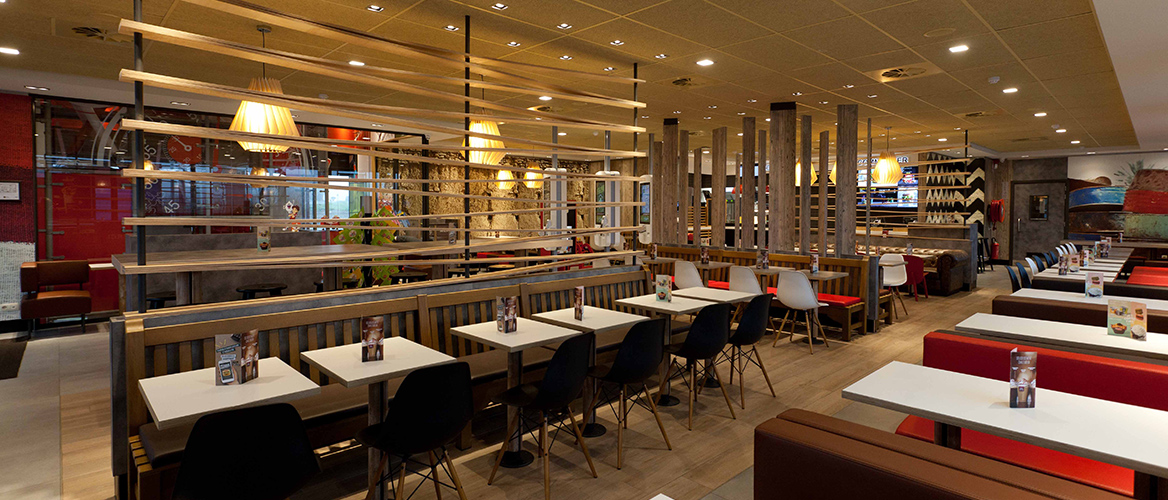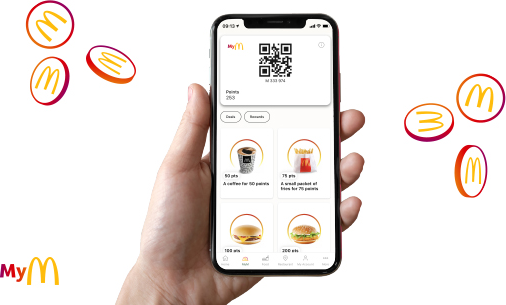Building blocks for a sustainable future
Worldwide, McDonald's is striving to greatly reduce the greenhouse gas emissions of our restaurants and our production chain. By 2030, we're aiming for respective reductions of 36% and 31% compared to 2015. Not just idle talk!
McDonald's Belgium is devoting its energy to green initiatives.
- Since 2007, all McDonald's Belgium restaurants have been using 100% green energy from wind and water turbines. Annually, that means about 7,300 tonnes less CO2 in the air. That's the same amount emitted by over 2,000 cars.
- Thanks to the introduction of energy-saving measures (energy-efficient boilers, air conditioning, cold storage, etc.) McDonald's Belgium saves nearly 1 million kWh in electricity a year. That corresponds to the annual power usage of almost 300 families.
- Several restaurants have rainwater tanks. The water collected is used for the toilets and for cleaning. That adds up to 1,000 m3 less drinking water used per restaurant annually.
- McDonald’s Belgium has also installed waterless urinals. This saves 4 litres per flush, which corresponds to 100 m3 of drinking water per urinal per year. That's about the annual water consumption of an average household!
The climate's right for electric.
One of the efficient ways to reduce CO2 emissions is to switch to electric vehicles. McDonald's is looking to put a lot of energy into stimulating that.
- McDonald's Belgium installed its first public charging as early as 2009.
- In 2022, we're already got 106 charging stations all over Belgium.
- They're also suited to the growing number of electric bikes.
Our partners, too, have the wind in their sails.
Many McDonald's Belgium partners set great store by sustainability. One noteworthy example is our logistics partner HAVI, which installed its own wind turbine at its distribution centre. The surplus power is fed back into the grid. And by ensuring optimum truck loading, they reduce their CO2 emissions even further.



